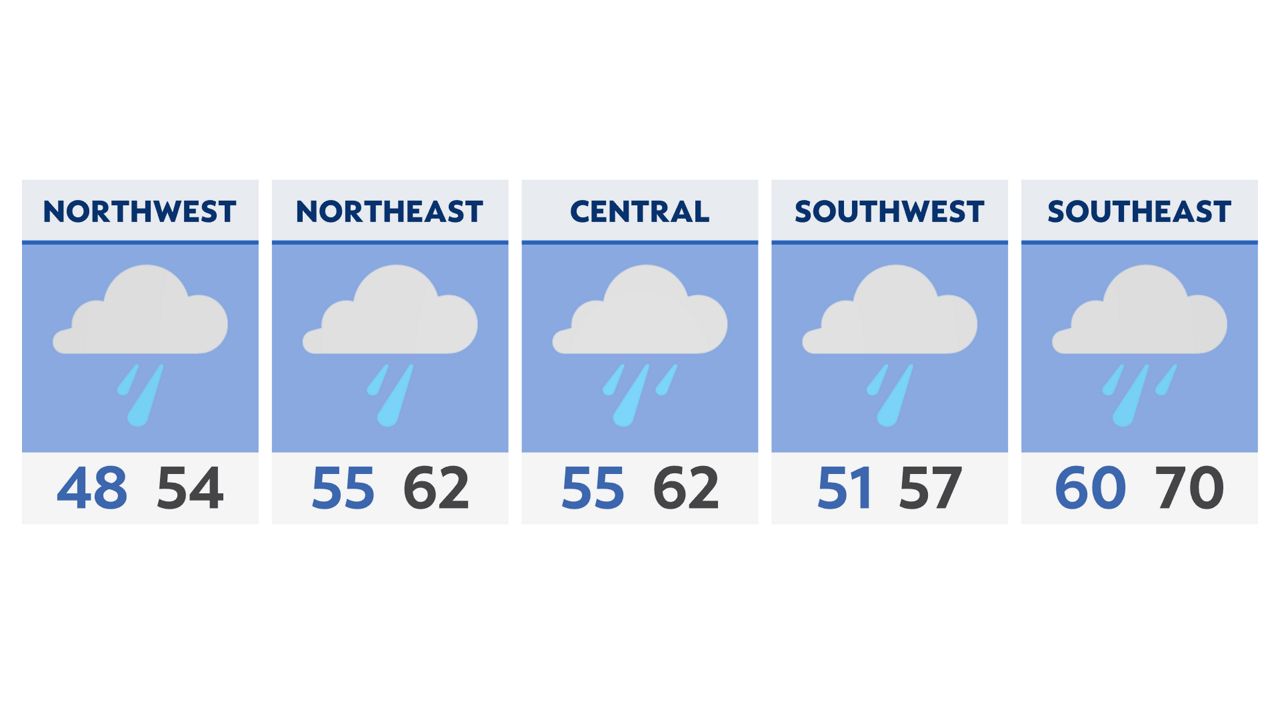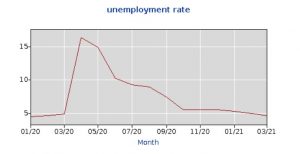The Biden administration on Wednesday announced that it is launching covid.gov, a new one-stop shop for information on the COVID-19 pandemic, including a test-to-treat locator where people can access pharmacies and health centers where they can get tested for COVID-19 and immediately receive treatment if necessary.
President Joe Biden is set to deliver remarks later Wednesday to formally announce the launch of covid.gov, which also allows users to order free COVID-19 tests, learn more about masks and where to find them and locate vaccine and booster sites near them.
Following the announcement Wednesday, President Biden will also receive his second COVID-19 booster shot, the White House announced. The FDA and CDC authorized a second COVID-19 booster shot for adults 50 and older on Tuesday.
The U.S. has set up more than 2,000 test-to-treat sites nationwide, an initiative President Biden announced in his State of the Union address, and in the last 14 months, the administration has established more than 90,000 vaccination sites and made millions of high-quality masks and COVID-19 tests available for free.
“Now, with a click of a button, people will be able to find where to access all of these tools, as well as receive the latest CDC data on the level of COVID-19 in their community,” the White House said.
The website includes:
- COVID-19 guidance for your community, searchable by county
- Information about COVID-19 symptoms, at-home testing and travel
- Where to find a vaccine or boster
- A form to order free COVID-19 tests
- Information about masks and where to find them
- A test-to-treat locator
The announcement comes as a battle for additional federal COVID-19 funding is brewing on Capitol Hill. The White House initially asked for $22.5 billion in new COVID-19 funding, including money to help battle future variants. Congress had initially included $15.6 billion in funding in its $1.5 trillion omnibus spending bill, but it was removed after Republicans and some Democrats could not come to consensus on offsets.
Democrats were forced to strip that funding from the package after dozens of their rank-and-file members balked at a GOP-driven plan to use American Rescue Plan money earmarked for states to help pay for it, threatening to hold up movement on the larger package, which included crucial aid to Ukraine.
The White House has warned that, unless lawmakers act, the federal government will run out of money to purchase additional tests, treatments and vaccines.
“Congress must promptly provide the administration with the urgent funding we need to continue the work of both vaccinating the world and protecting Americans at home,” White House press secretary Jen Psaki said earlier this month.
At a press briefing Tuesday, White House communications director Kate Bedingfield warned that if “at some point, it becomes recommended that the full population requires a fourth shot, we’re going to need additional funding.”
Senate Majority Leader Chuck Schumer, D-N.Y., said he has made “good progress” on additional COVID funding, working with Sen. Mitt Romney, R-Utah, but warned “we’re not there yet.”
A new report released Monday by the Kaiser Family Foundation, a health policy think tank, said that many Americans, largely those uninsured, would be impacted if Congress does not approve another round of COVID-19 emergency funding.
Some are already feeling the effects. The Health Resources and Services Administration stopped accepting claims last week to reimburse health care providers for testing and treating uninsured people for COVID-19, and it will stop accepting claims for vaccination reimbursements April 5. The program has provided about $19 billion in reimbursements, with 60% going toward testing, 31% to treatment and 9% to vaccinations.
The Kaiser Family Foundation says the lack of funding would lead to more Americans needing to pay out of pocket for COVID-19 treatments and services, which would exacerbate existing disparities in health and financial security.
Uninsured people — who are more likely to be people of color than white — would be hit hardest, according to the analysis.
In addition to the COVID-19 Uninsured Program, 15 states have opted to provide Medicaid coverage to insured people for COVID-19 testing, treatment services and vaccines — coverage that is set to expire at the end of March.
There are some federal programs that may help cover the costs of providing vaccines to uninsured children and adults, but some parents may still end up paying an administration fee and the adult program is dependent on available funding.
But the dried-up COVID-response funds would also impact insured Americans, the report says.
People with Medicaid and Medicare will continue to have access to clinical COVID-19 testing and vaccines at no additional costs, and COVID-19 treatment medications will be fully covered for those on Medicaid, according to the foundation. Medicare beneficiaries, however, may have to pay out of pocket for medications when the public health emergency expires April 16, although it previously has been extended a number of times.
Americans with private insurance, meanwhile, could be required to share the costs — such as copayments, coinsurance, deductibles — with insurance companies for monoclonal antibodies, antiviral pills. And insured customers who receive vaccines from out-of-network providers could face higher costs, the report says.
The Kaiser Family Foundation’s report also notes that the lack of federal funding would mean that the government may no longer be able to commit in advance to purchasing large orders of tests, treatments and vaccines. Without that guarantee, manufacturers could scale back production when demand declines, potentially creating supply shortages during future COVID-19 surges.
Spectrum News’ Ryan Chatelain contributed to this report.




